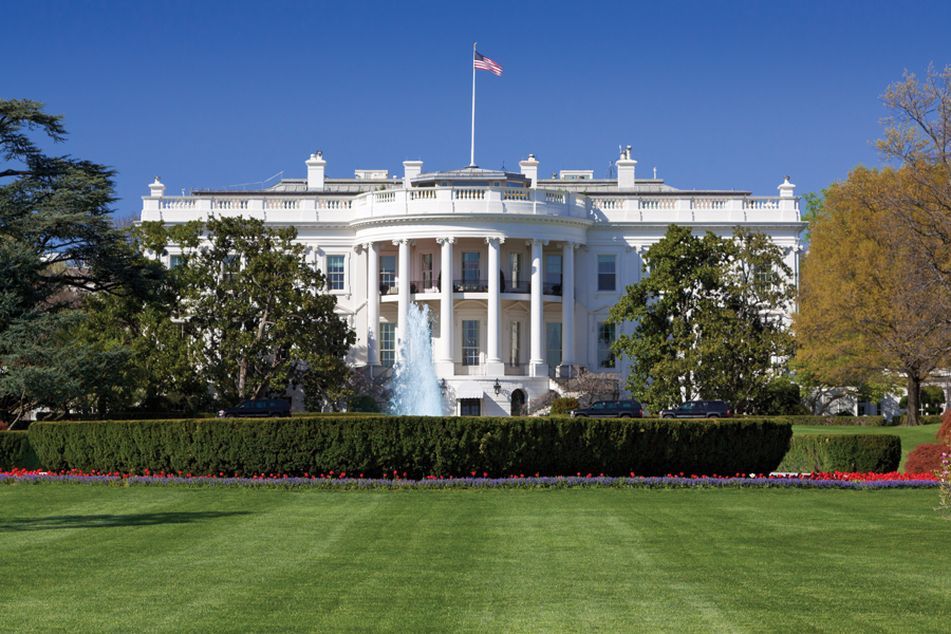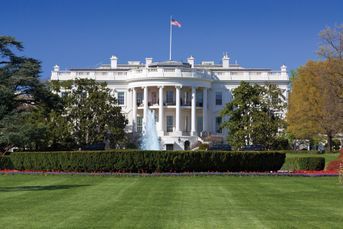How the Biden administration can protect retirement savings

The Labor Department's fiduciary rule and the SEC's Reg BI pose a real threat to the retirement savings of investors, but the Biden administration can put an end to the threat.
On the long list of the Trump administration’s Christmas gifts for big business that need to be taken back as soon as possible in 2021, perhaps none is as little understood — and yet as far-reaching — as the tag-team campaign by the Trump Securities and Exchange Commission and Department of Labor to undo the Obama administration’s good work in requiring a fiduciary standard under which brokers would have to put the interests of their clients ahead of their own.
It sounds complicated, but it is not. Today, investors are largely at the mercy of brokers and other financial advisers who do not have to strive to make sure that their clients get the best deal, lowest fees and strongest returns. Last summer, the Trump SEC rolled out what it called Reg Best Interest, but it was largely a marketing ploy that made things worse for retirement savers and investors. The DOL, for its part, tried in December to rush through a drastically watered-down replacement for the Obama-era fiduciary rule, but it is unlikely that it will actually clear the last regulatory promulgation hurdle by Jan. 20.
What? You didn’t notice this regulatory action that took place after the onset of the pandemic in March 2020? You and millions of other Americans were stripped of regulatory protections while the nation’s attention was riveted on COVID-19. Politicians like to say, “Never let a good crisis go to waste,” and the Trump appointees at the SEC and DOL played that to the hilt during the coronavirus pandemic.
This isn’t just a question of a theoretically bad regulatory package. The real tragedy here is that the “coronavirus crash” and whipsawing financial markets will make the real-world consequences of Reg BI and the new DOL rule (if it’s allowed to move ahead) even worse. One of the problems with any major economic downturn is that panicking investors are easy pickings for those who tout soothing schemes promising to recover losses fast.
It is not too much to say that future regulators and lawmakers will look back and say that the one-two punch of the SEC’s Reg BI and the DOL’s “faux-duciary rule” is one of the ways that the government made the coronavirus pandemic much worse in the long run than it had to be. Think of this as a situation where the National Highway Transportation Safety Administration had a safety-enhancement choice between better air bags and more heavily padded sun visors … and they went for the souped-up sun visors.
Let’s focus for a moment on Reg BI: How exactly is it going to make things worse in the wake of the coronavirus pandemic?
First, it provides false comfort to investors and the illusion that something has been done to protect them from the avarice of brokers. Not only is the name of the regulatory package itself misleading (a real problem for a federal agency that demands full and accurate reporting from publicly traded companies), but it does little more than codify existing rules put in place by the Financial Industry Regulatory Authority Inc., the self-regulatory organization for brokers. So it’s not what it is billed to be … and it’s not anything new.
Second, the new SEC rule doesn’t just rewrite Finra’s flawed “suitability standard” (which requires in the broadest terms that brokers limit their investment advice to those things that are appropriate for investors based on their expertise, ability to handle risk, and other factors), in some ways it makes things worse. As one expert observer, former assistant Labor secretary Phyllis Borzi, has pointed out: “The problem … is that ‘best interest’ is used as a marketing slogan. It doesn’t necessarily mean it’s a legally enforceable standard of care. It just says you have to work in your client’s best interest. It doesn’t define what that is. Worse, [Reg BI] creates a safe harbor that allows [brokers] to not work in their client’s best interest as long as they disclose their conflict. That isn’t even as strong as [the Finra] suitability [standard].”
Third, the SEC has falsely stated that Reg BI is just as good as the Obama DOL fiduciary rule. If you believe this, you probably also believe that drinking bleach will cleanse your system of the coronavirus. The fiduciary rule actually required brokers to act in the best interest of their clients, whereas the most generous reading of the misnamed SEC rule is that brokers can put their interests on an equal footing with investors. When it comes to making conflicted, self-interested decisions, a loophole like that can scramble the nest eggs of millions of retirees.
The good news is that the Biden Administration can put an end this very real threat to the retirement savings of investors. The DOL rule will not be finalized by the time the Trump Administration lets go of the levers of power. The SEC rule can be reworked or even rejected by a new commission. The SEC and the DOL (in its role as overseer of federally regulated retirement funds) are charged with protecting investors, and what they have done is left retirement savers even more vulnerable to the virus of broker greed that can infect and lay waste to all too fragile nest eggs.
[More: How a Biden win in November reshapes investment advice rules]
Joseph C. Peiffer is managing partner of Peiffer Wolf Carr Kane & Conway and a former president of the Public Investors Advocate Bar Association.
Learn more about reprints and licensing for this article.




